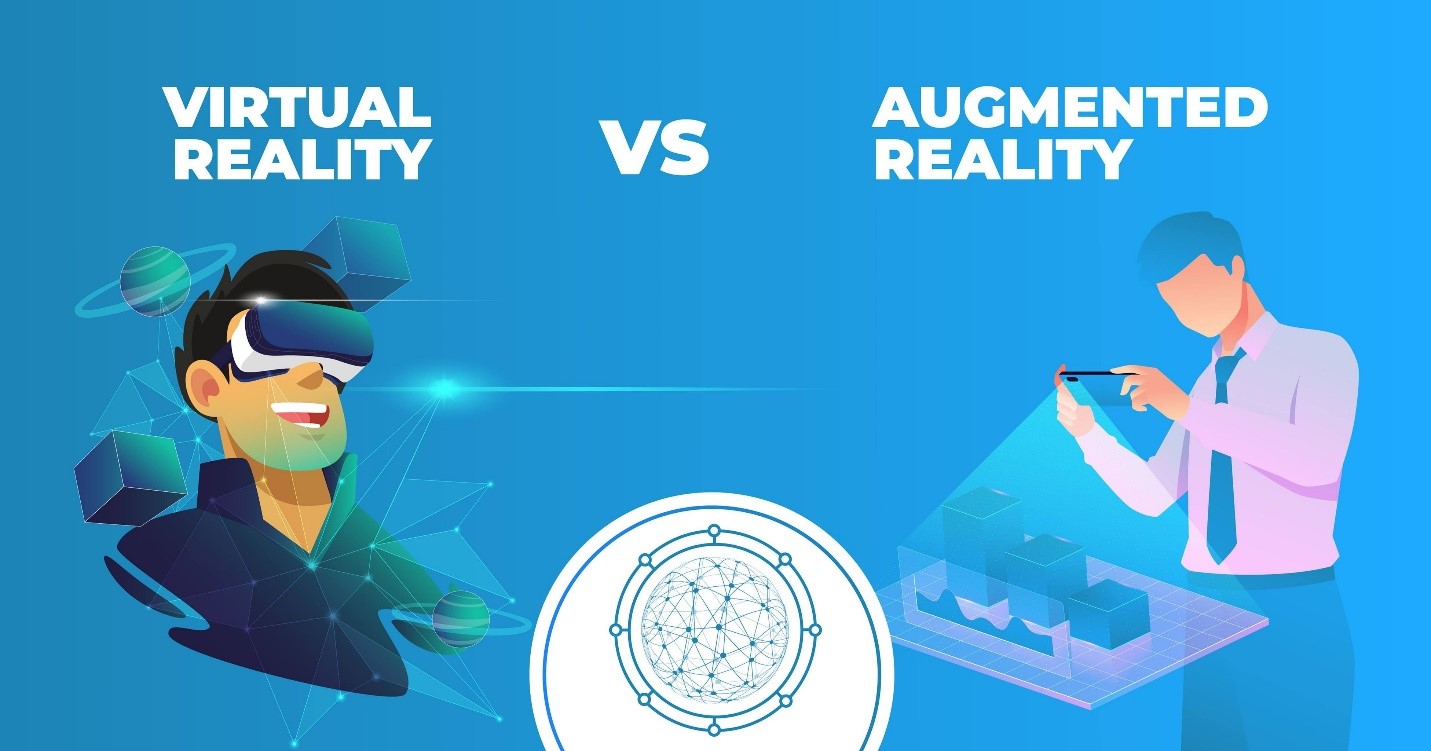Introduction
The concept of the Metaverse has gained significant traction in recent years, fueling excitement and curiosity among technology enthusiasts. Combining virtual reality (VR) and augmented reality (AR), the Metaverse represents a fully immersive, interconnected digital universe. In this blog post, we explore the potential of the Metaverse, its implications for various industries, and the opportunities it presents for businesses and individuals.
Understanding the Metaverse
The Metaverse is a virtual realm where users can interact with digital environments and other participants in real-time. It goes beyond the boundaries of individual VR or AR experiences, providing a shared space for people to collaborate, communicate, and engage with a vast array of digital content. Think of it as a digital parallel to the physical world, with endless possibilities and limitless creativity.
Enhancing Virtual Reality (VR)
VR technologies have already made significant advancements, providing immersive experiences in gaming, training simulations, and entertainment. The Metaverse takes VR to the next level by creating a persistent, interconnected virtual world. Users can explore and interact with lifelike environments, connect with friends and strangers, and engage in various activities, such as attending virtual concerts, exploring virtual marketplaces, or even attending virtual work meetings.
Bridging the Gap with Augmented Reality (AR)
AR, on the other hand, blends digital content with the real world, overlaying virtual elements onto the user’s physical surroundings. The Metaverse leverages AR to augment our daily lives, allowing us to seamlessly transition between physical and digital spaces. Imagine wearing AR glasses that provide real-time information about the places you visit, overlay virtual objects in your home, or enable virtual collaboration with colleagues in a shared workspace.
Industry Implications and Opportunities
The Metaverse has far-reaching implications for various industries, including gaming, entertainment, education, healthcare, retail, and more. Gaming experiences can become more immersive and social, with players interacting in a shared virtual world. Entertainment platforms can host virtual events and performances that transcend physical limitations. Education can leverage the Metaverse to create interactive and engaging learning environments. Retailers can offer virtual showrooms and personalized shopping experiences. The possibilities are endless.
Challenges and Considerations
While the potential of the Metaverse is exciting, it also comes with challenges and considerations. Privacy and security concerns, the digital divide, ethical implications, and content moderation are among the key issues that need to be addressed to ensure a safe and inclusive Metaverse. Collaboration between technology companies, policymakers, and society as a whole is vital to shape the Metaverse in a responsible and beneficial way.
The Future of the Metaverse
Looking ahead, the Metaverse holds tremendous potential. Advancements in VR and AR technologies, combined with the growing demand for immersive experiences, indicate that the Metaverse will continue to evolve. As more companies invest in Metaverse development, we can expect increased accessibility, improved user interfaces, and seamless integration with our daily lives.
Social Interaction and Community Building
The Metaverse has the potential to revolutionize social interaction and community building. Users can connect with people from around the world, attend virtual gatherings, and engage in shared experiences. The Metaverse offers a new dimension of social connectivity, fostering relationships and communities that transcend physical boundaries.
Virtual Economies and Digital Assets
With the rise of the Metaverse, virtual economies are becoming increasingly important. Users can buy, sell, and trade digital assets within the Metaverse, including virtual real estate, in-game items, and virtual currencies. This presents opportunities for businesses to monetize their digital offerings and individuals to participate in the emerging digital economy.
The Rise of NFTs: Exploring the Impact of Non-Fungible Tokens on Art and Digital Ownership
Cross-Platform Integration
To achieve the full potential of the Metaverse, seamless cross-platform integration is crucial. Users should be able to access and interact with the Metaverse from various devices, including VR headsets, AR glasses, smartphones, and computers. This interoperability ensures widespread adoption and a cohesive user experience.
Healthcare and Therapy Applications
The Metaverse has implications for healthcare and therapy, offering innovative solutions for patient care and mental well-being. Virtual reality environments can simulate therapeutic experiences, aiding in pain management, phobia treatment, and post-traumatic stress disorder therapy. The Metaverse also enables remote healthcare consultations and training for medical professionals.
Work and Remote Collaboration
The Metaverse has the potential to reshape the way we work and collaborate. Virtual offices and shared workspaces can facilitate remote collaboration, eliminating geographical barriers and enhancing productivity. Meetings, brainstorming sessions, and presentations can be conducted in immersive virtual environments, fostering creativity and collaboration.
Education and Lifelong Learning
Education stands to benefit greatly from the Metaverse. Immersive virtual environments can enhance learning experiences, allowing students to explore historical sites, conduct virtual science experiments, or collaborate with classmates globally. Lifelong learning can be facilitated through interactive workshops, online courses, and skill-building programs within the Metaverse.
Ethical and Legal Considerations
As the Metaverse evolves, ethical and legal considerations must be addressed. Issues such as user privacy, data security, virtual property rights, and content moderation need careful attention. Establishing guidelines and regulations that balance innovation with user protection will be crucial for the sustainable growth of the Metaverse.
Conclusion
The Metaverse represents a paradigm shift in how we perceive and interact with digital content. By merging virtual reality and augmented reality, it unlocks a world of possibilities for businesses and individuals alike. As the Metaverse continues to evolve, it is crucial to ensure inclusivity, privacy, and ethical considerations are at the forefront. Embracing this immersive digital universe opens up new horizons for entertainment, education, collaboration, and human connection.

